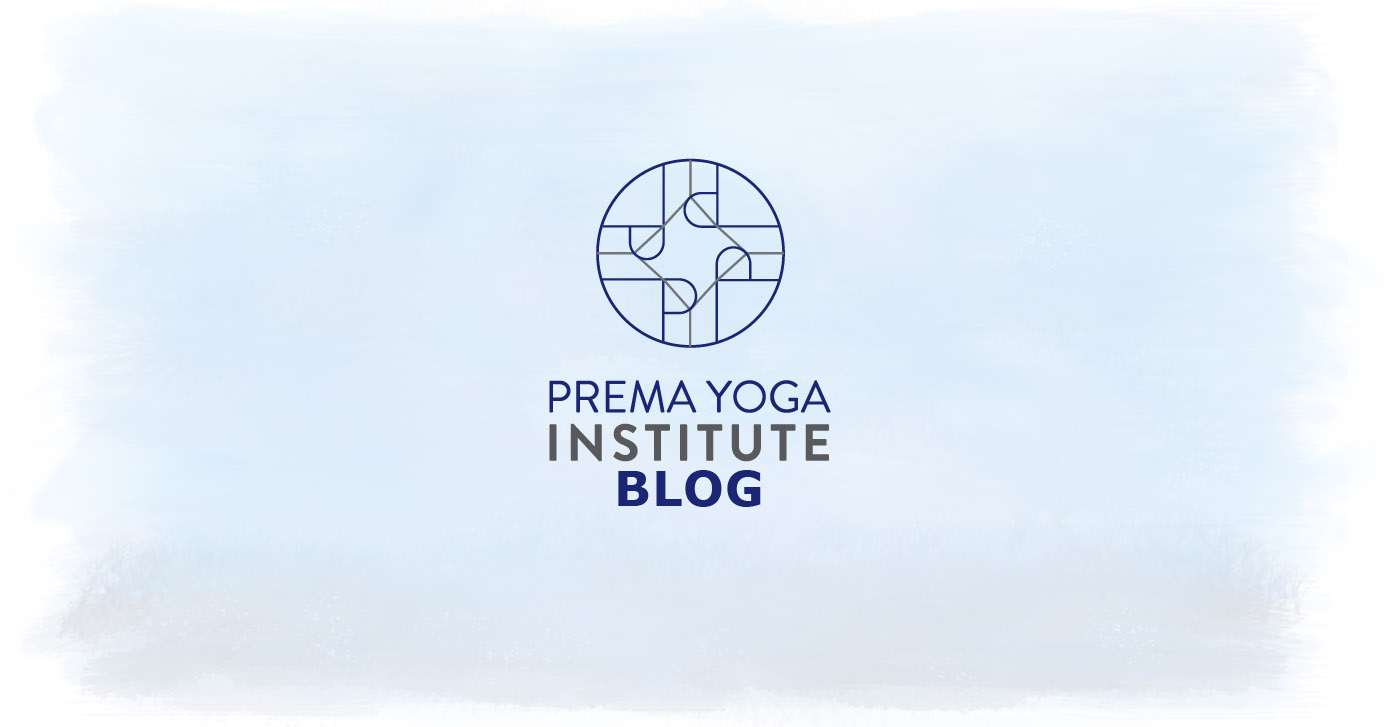
The Practice of Mindfulness: To Judge or Not to Judge…
Judgment is an automatic practice for nearly every person on the planet: from the clothes we wear to the foods we eat to our surrounding environment and the people we associate with. As a practicing attorney in New York City, judgements were as natural to the legal practice, as is water to a sea full of fish. Without either, neither could survive. However, in the years after I left the practice of law, I began to engage in the practice of Mindfulness, which relinquishes judgment of each moment and its occurrences as they arise. Say what?!
Judgment is an automatic practice for nearly every person on the planet: from the clothes we wear to the foods we eat to our surrounding environment and the people we associate with. As a practicing attorney in New York City, judgements were as natural to the legal practice, as is water to a sea full of fish. Without either, neither could survive. However, in the years after I left the practice of law, I began to engage in the practice of Mindfulness, which relinquishes judgment of each moment and its occurrences as they arise. Say what?!
Mindfulness, a Buddhist-based practice, is a practice in which we are aware of each moment, thought, or emotion as it arises without injecting one’s preferences about what arises. It’s a beautiful practice because you can engage in mindfulness anywhere, and at any time. When you start to become more conscious of the inner workings of your mind, without judging it, you may notice a shift towards compassion, understanding and/or love for yourself, and thereby, for others.
What happens when you let go of your likes and dislikes? The attachment or resistance which accompanies judgments dissipates. We can allow ourselves and others to have the fullness of life experiences and feel good about it. Non-judgment allows each of us to accept where we are and not beat ourselves up for being where we are.
Judgement separates; it divides. The person who perceives the world through a fragmented lens, may perceive others as being ‘not good enough’ or ‘up to one’s standards’, or on the other end of the spectrum, ‘too good’, which can also create feelings of inadequacy. The thing is, people’s preferences and standards change throughout life. That’s an awful lot of people and things that must change in order to please others and keep up with one’s standards. It is just not realistic.
To cultivate this practice, try a simple exercise: journal about an aspect of life that you may be struggling with. Then, read through your journal entry, without judging yourself or anyone involved in the story. In other words, detach yourself from the situation and try to be as objective as possible.
If after reviewing, you are not able to perceive the words without injecting criticism or praise, that’s okay. When one has permission to do so, there isn’t a residue of feeling bad or inadequate. With continued practice, deep ingrained habits eventually diminish in power.
For those who are able to review their words in a more detached state, ask yourself, are you able to feel more peace, compassion and understanding towards yourself, or others? Or perhaps, you perceived the situation differently and thought up a solution or resolution that was previously blocked by the previous surveyance.
Mindfulness slowly loosens the grips of your likes and dislikes, which create division, and instead, creates ease and unification within. Life becomes more fluid and you begin to move with that flow. The practice allows you freedom to be, and be happy. Who doesn’t want that?
___________________________________________________________________________________
KAREN NOURIZADEH
With more than a decade of experience, Karen has studied yoga, mindfulness and meditation in both India and in New York City. She holds certifications with Yoga Alliance, E-RYT 500, and through the International Association of Yoga Therapists, C-IAYT 1000. Prior to teaching, Karen was a litigation attorney in New York City, and during this time, discovered the power of meditation and mindfulness. Applying simple techniques, she found relief from chronic sinus and tension headaches, which affected her for nearly 20 years. Karen is now teaching Mindfulness and Meditation Techniques for Stress Management in Prema Yoga Institute's “Yoga for Healthcare" training in October 2019.


